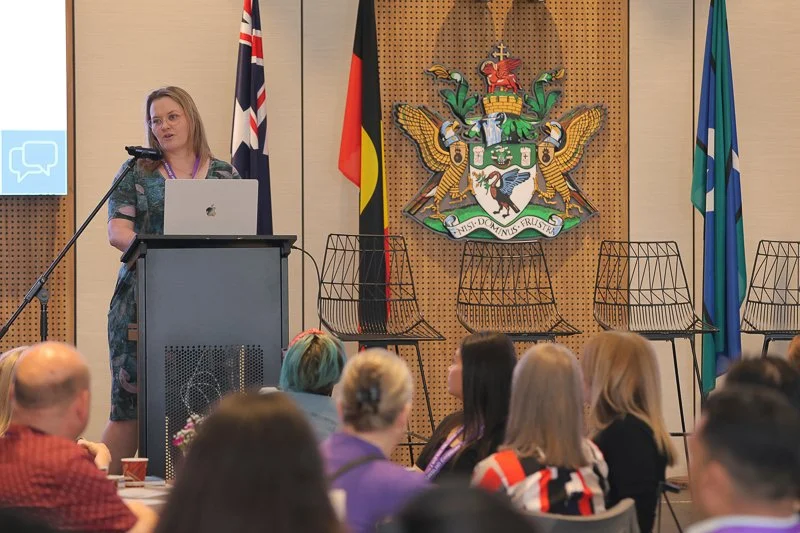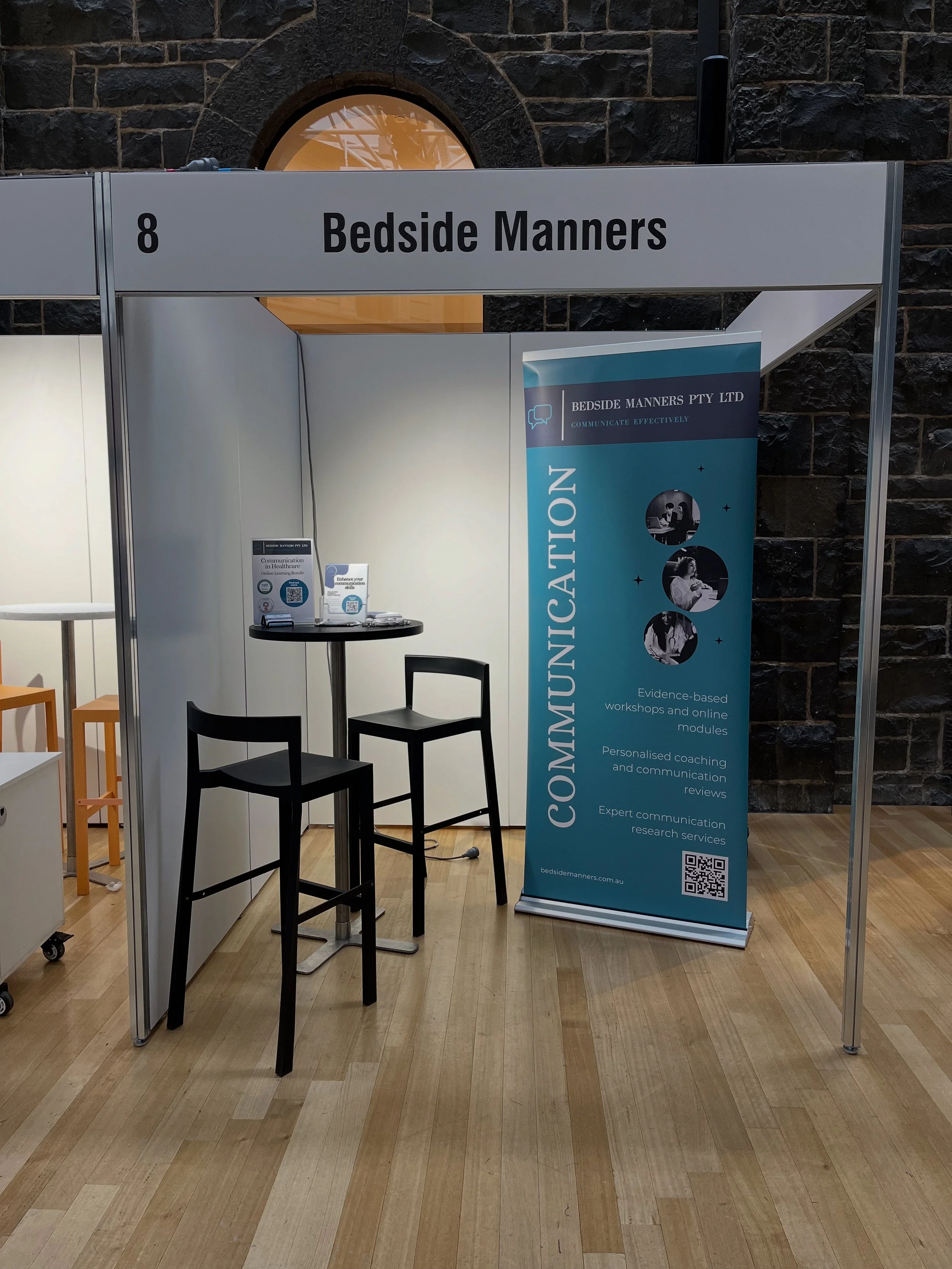Newsletter | October 2025
We’re thrilled to announce the launch of our 10-week online Conversation Analysis course.
Plus, explore the latest in communication research, upcoming events, and ways to share your feedback through our reader survey.
Newsletter | September 2025
Dive into our latest developments in communication research, discover upcoming workshops and events, and share your views in our survey to help guide our next steps.
Online course on Conversation Analysis
Exciting news — enrolments are open for our 10-week online Conversation Analysis course starting 13 October 2025!
Learn at your own pace with weekly lectures, readings & activities
Get direct feedback on your work
Cover everything from theory to analysis to sharing your findings
Communicating concern: “Worried they are getting worse?” by NSW Health
When parents voice concern, clinicians must listen. NSW Health is rolling out a new tool: at regular intervals—vital sign checks, ward rounds, medical reviews—healthcare workers will ask: “Are you worried they’re getting worse?” Evidence from Monash Health shows caregiver concern often signals critical deterioration earlier than clinical signs. If you’re interested in patient-centred communication and safety frameworks, this tool’s rollout is a must-see development. Read more in my latest post.
Newsletter - August 2025
Respect and compassion in healthcare are back in the headlines — and conversational technologies are on the rise. In our August update: new research reads, upcoming events, and a special coaching prize at the IMG Conference.
Respect through conversation
Effective communication in healthcare isn’t a “nice to have” — it’s how respect is put into action. Respect for patients, carers, families, and colleagues means investing in reflective, values-driven communication. It’s time to stop just talking about communication and start prioritising it in policy, funding, teaching, and practice.
A little bit of conversation analysis
How do politicians navigate speaking rights in Parliament?
This post breaks down a moment when an MP stood before the Speaker called on him, unpacking how turn-taking rules, accountability, and institutional norms shape interactions on the floor.
Newsletter - July 2025
This month the How Humans Talk podcast episode how doctors talk was released plus I share some other brief updates!

























